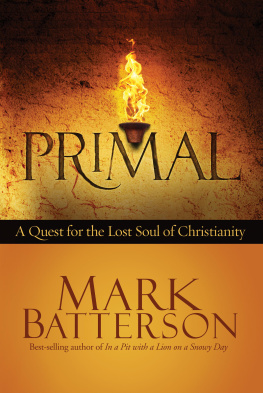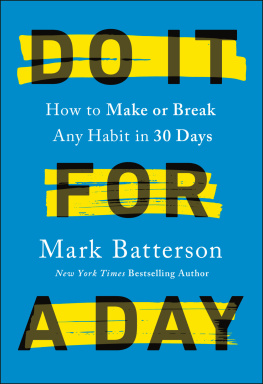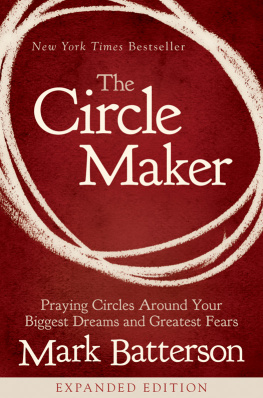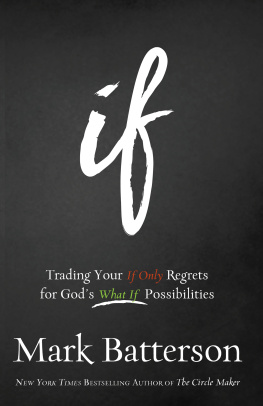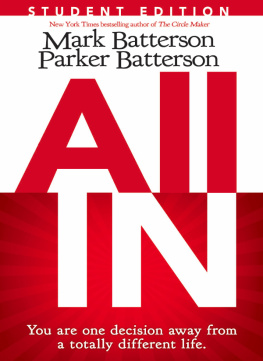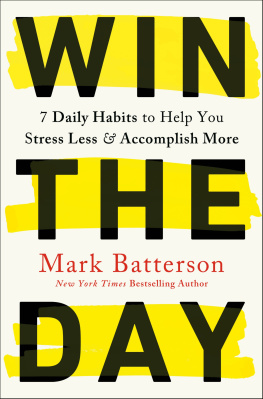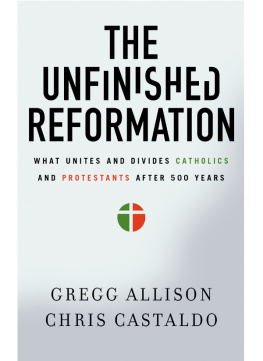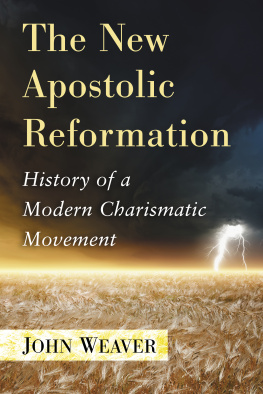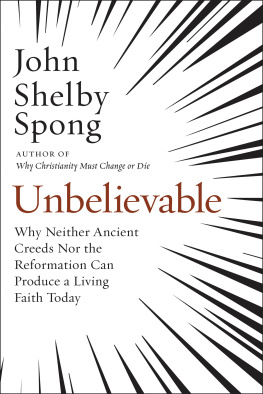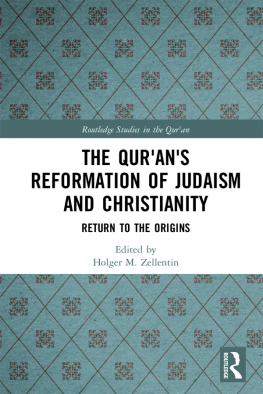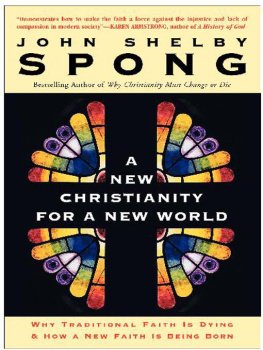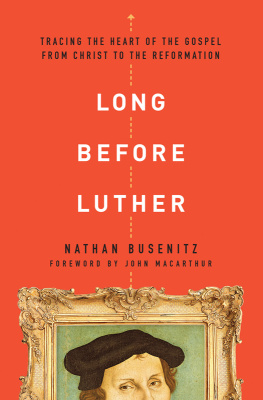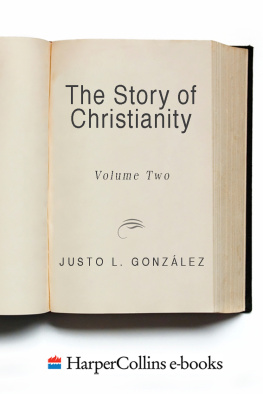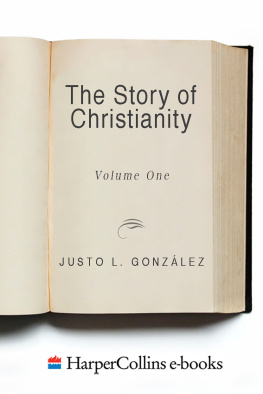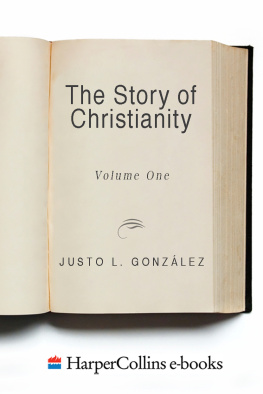Contents
Landmarks
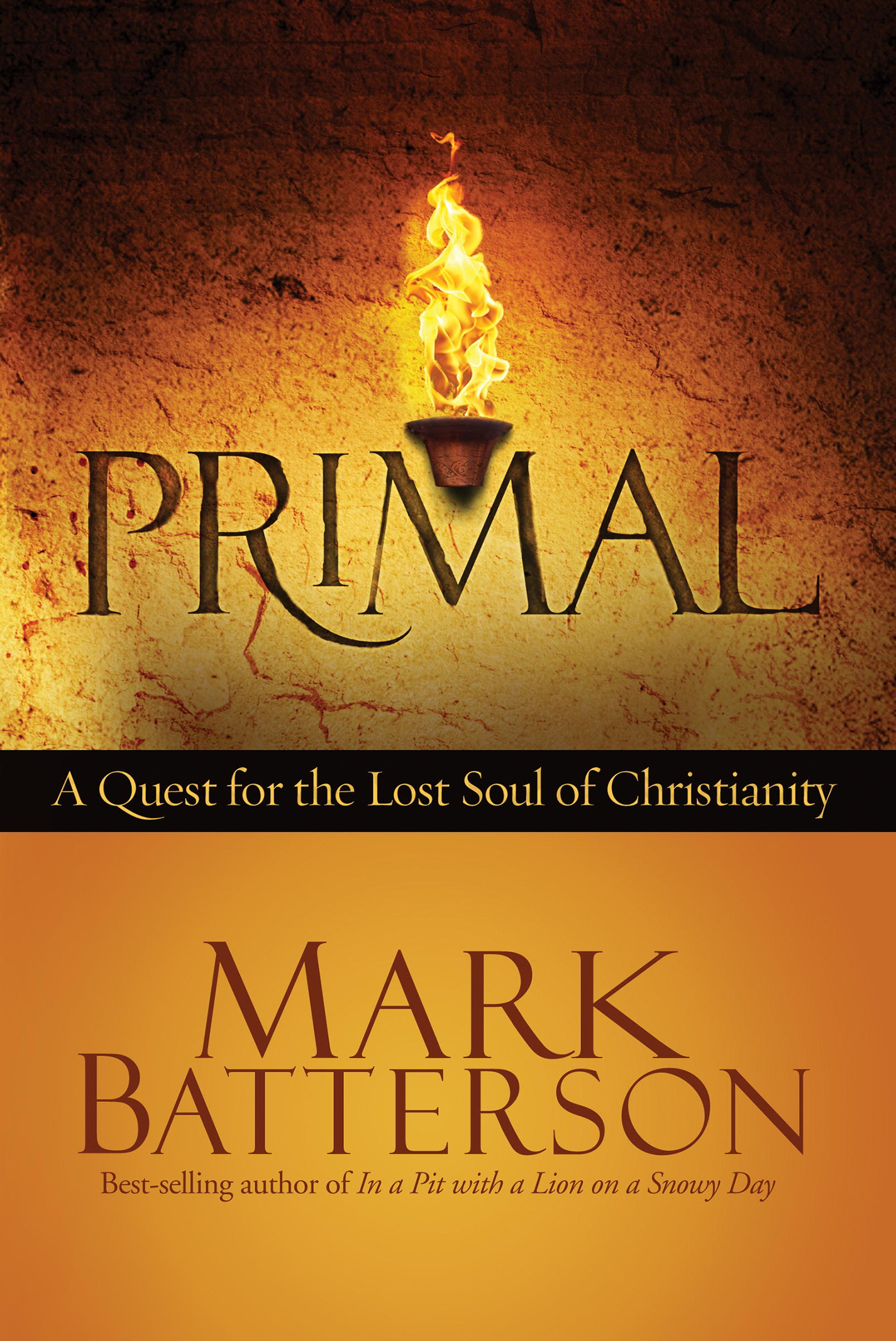
Praise for
Primal
Mark weaves us through the Great Commandment with insights that are both winsome and wise, piquing both curiosity and conviction. He calls us to a discipleship free of the trappings of shriveled self-concern, drawing us to give ourselves, with abandon, to others as we heed Jesus call to love God above all. This book will fuel clarity of call and persevering strength for those who will journey in obedience to the Gospelin its wholeness of justice, mercy, and faithfulnessfor a lifetime.
G ARY H AUGEN , president and CEO of International Justice
Mission and author of Good News About Injustice, Terrify
No More, and Just Courage
Too many of us are doing life at an unsustainable pace and losing sight of our first love. In his new book, Primal, Mark Batterson invites you to rediscover the reality of Christ and His passions. This book will challenge you, push you, and stretch you. You will walk away righteously aggravated, but catapulted into action.
C RAIG G ROESCHEL , senior pastor of LifeChurch.tv
Mark, Im with you. Its time for believers to be more. Lets hear the voice of God and be that holy, passionate fire that we are called to be. Its the primal way.
S HAUN A LEXANDER , 2005 NFL MVP, acclaimed speaker, and author of award-winning book Touch Down Alexander
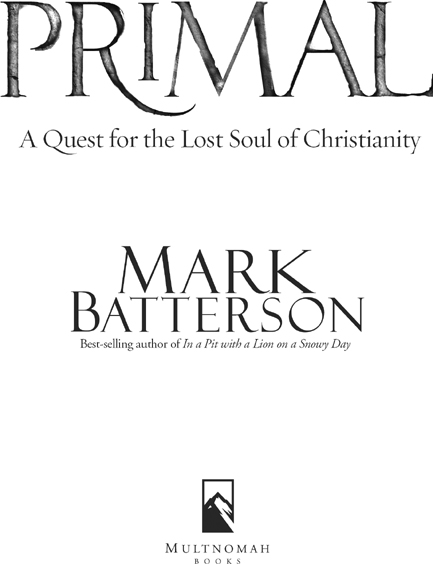
To my grandparents Elmer and Alene Johnson
Your prayers outlive you.
C ONTENTS
PART 1:
PART 2:
PART 3:
PART 4:
1
Two Thousand Stairs
The farther backward you look, the further forward you are likely to see.
W INSTON C HURCHILL
W e hopped on a double-decker bus and headed toward the heart of Rome. Lora and I had spent a year planning the trip, but nothing prepares you to stand in the very place where Caesars ruled an empire or gladiators battled to the death. As we walked the Via Sacra, we were stepping on the same two-thousand-year-old stones that conquering armies marched on. Of course, Im guessing they werent licking gelatos. Our three days in the Eternal City went by far too fast. And I wish we hadnt waited until our fifteenth anniversary to take the trip.
Few places on earth are as historic or romantic as Rome. We thoroughly enjoyed strolling the ancient streets, people-watching in the piazzas, and eating leisurely meals at sidewalk cafs. And like good tourists, we also hit all the must-see travel-book destinations. We threw pennies over our shoulders into the Trevi Fountain, enjoyed an unplugged concert by an electric guitarist outside the Colosseum one moonlit evening, and took a three-hour tour of St. Peters Basilica. And all the sites lived up to their travel-book billing. But one of the unexpected highlights of our trip was an unplanned visit to a rather nondescript church off the beaten path. It wasnt referenced in our travel guides. And if it hadnt been right around the corner from our hotel, we would never have discovered it. The Church of San Clemente was named after the fourth pope, who was martyred for his faith. According to legend, anchors were tied around his ankles and he was thrown into the Black Sea.
From the outside, the church appeared weather-beaten and time-worn. But the frescoes, statues, and altars on the inside were remarkably well preserved. We quietly explored every nook and cranny of that twelfth-century church. Then we discovered that for five extra euros we could take an underground tour. As was the case with many of the ruins we visited in Rome, there were several layers of history in the same place. The Romans had a habit of building things on top of things. Some emperors, for example, would tear down their predecessors palace and build their own palace right on top of it. Such was the case with the Church of San Clemente. The twelfth-century church was built over a fourth-century church. And beneath the fourth-century church were catacombs where second-century Christians secretly worshiped God before the legalization of Christianity by Constantine in 313.
Ill never forget my descent down that flight of stairs. The air became damp, and we could hear underground springs. We carefully navigated each step as we lost some of our light. And our voices echoed off the low ceiling and narrow walkway. Almost like the wardrobe in the Chronicles of Narnia, that flight of stairs was like a portal to a different time, a different place. It was as if those stairs took us back two thousand years in time. With each step, a layer of history was stripped away until all that was left was Christianity in all its primal glory.
As we navigated those claustrophobic catacombs, I was overcome by the fact that I was standing in a place where my spiritual ancestors risked everything, even their lives, to worship God. And I felt a profound mixture of gratitude and conviction. I live in a first-world country in the twenty-first century. And Im grateful for the freedoms and blessings I enjoy because of where and when I live. But when youre standing in an ancient catacomb, the comforts you enjoy make you uncomfortable. The things you complain about are convicting. And some of the sacrifices youve made for the cause of Christ might not even qualify under a second-century definition.
As I tried to absorb the significance of where I was, I couldnt help but wonder if our generation has conveniently forgotten how inconvenient it can be to follow in the footsteps of Christ. I couldnt help but wonder if we have diluted the truths of Christianity and settled for superficialities. I couldnt help but wonder if we have accepted a form of Christianity that is more educated but less powerful, more civilized but less compassionate, more acceptable but less authentic than that which our spiritual ancestors practiced.
Over the last two thousand years, Christianity has evolved in lots of ways. Weve come out of the catacombs and built majestic cathedrals with all the bells and steeples. Theologians have given us creeds and canons. Churches have added pews and pulpits, hymnals and organs, committees and liturgies. And the IRS has given us 501(c)(3) status. And there is nothing inherently wrong with any of those things. But none of those things is primal. And I wonder, almost like the Roman effect of building things on top of things, if the accumulated layers of Christian traditions and institutions have unintentionally obscured what lies beneath.
Im not suggesting that we categorically dismiss all those evolutions as unbiblical. Most of them are simply abiblical. There arent precedents for them in Scripture, but they dont contradict biblical principles either. Im certainly not demonizing postmodern forms of worship. After all, the truth must be reincarnated in every culture in every generation. And I am personally driven by the conviction that there are ways of doing church that no one has thought of yet. But two thousand years of history raises this question: when all of the superficialities are stripped away, what is the primal essence of Christianity?
In the pages that follow, I want you to descend that flight of stairs with me. I want us to go underground. I want us to go back in time. Think of it as a quest for the lost soul of Christianity. And by the time you reach the last page, I hope you will have done more than rediscover Christianity in its most primal form. I hope you will have gone back to the primal faith

